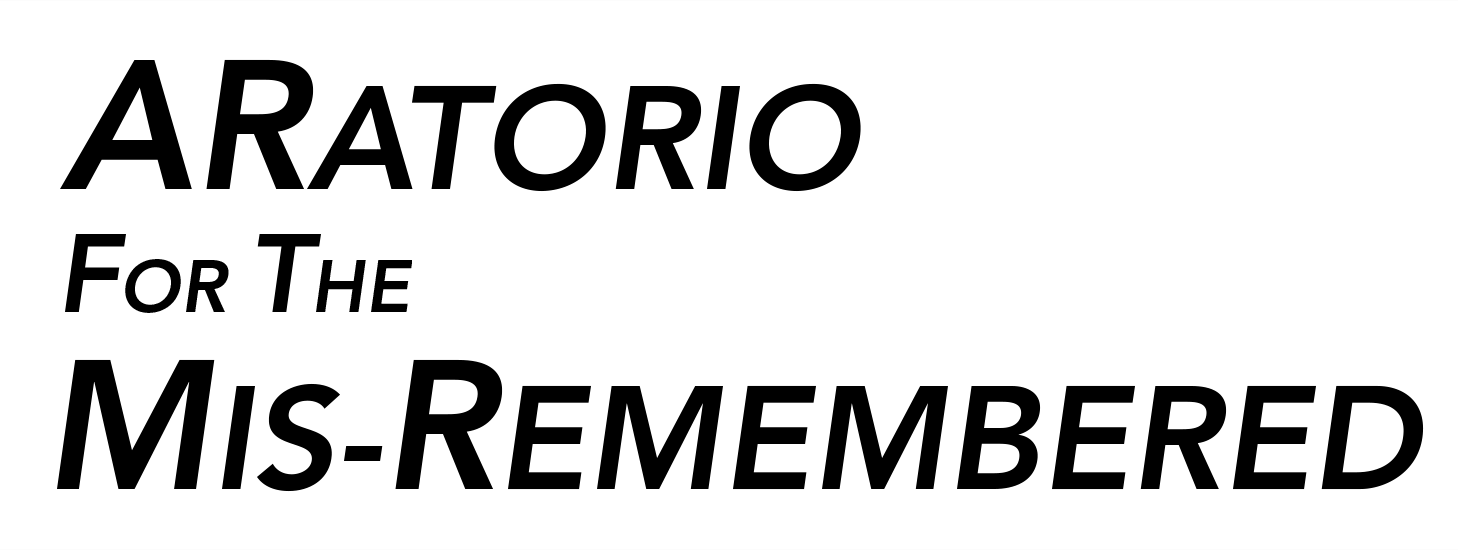ARatorio for the Mis-Remembered is a live musico-theatre production that takes place for a live and virtual audience simultaneously, allowing an audience to choose their experience. It tells the real stories of twelve veterans, based on interviews of those veterans by director Mary Beth Easley, librettist Sandy Dietrich, and composer Mark Bruckner in conjunction with the University of Iowa’s Iowa Veteran’s Education and Transition office. Spanning their time pre-service to post-service, each veteran tells their stories of memories that stuck with them throughout their time within the military - some serious, some contemplative, others magical. Each story is showcased as a hybrid performance by a motion capture actor on a stage overlaid with their MetaHuman counterpart in the virtual world. Perspective shifts between the real and virtual and puts into question the fallibility of memory versus the written word and if that matters in the grand scheme.
While a realized show, ARatorio also functions as a research exploration of utilizing Unreal Engine for live performances that include AR, VR, projections and interactive elements. Through the medium of this piece, the team has a multitude of opportunities to explore and create workflows that mesh with the existing theatrical design, conceptualization and rehearsal processes while educating students and faculty both in the room and at conferences about these discoveries. It seeks to lower the barrier for entry into multi-media live performance creation by using methods that are accessible and synergize with programs and processes that are already being utilized and taught within the educational system to theatre makers, dancers, and creatives.
ARatorio for the Mis-Remembered was initially supported for the Discovery Phase through a $25,000 University of Iowa Research grant called Next Stages. Director, Mary Beth Easley, just won a $30,000 Arts and Humanities (AHI) grant from the University to support the completion of ARatorio, which will be used to fund the design team, actors and singers through this next stage of development.
The research of the prototype performance will be published in the USITT Theatre Design & Technology academic journal, and the 2024 prototype was presented as in-person educational sessions at USITT 2025, focusing on teaching integrating Unreal Engine, Motion Capture and other emerging technology into the traditional theatrical writing, design and directing process for live performance.
